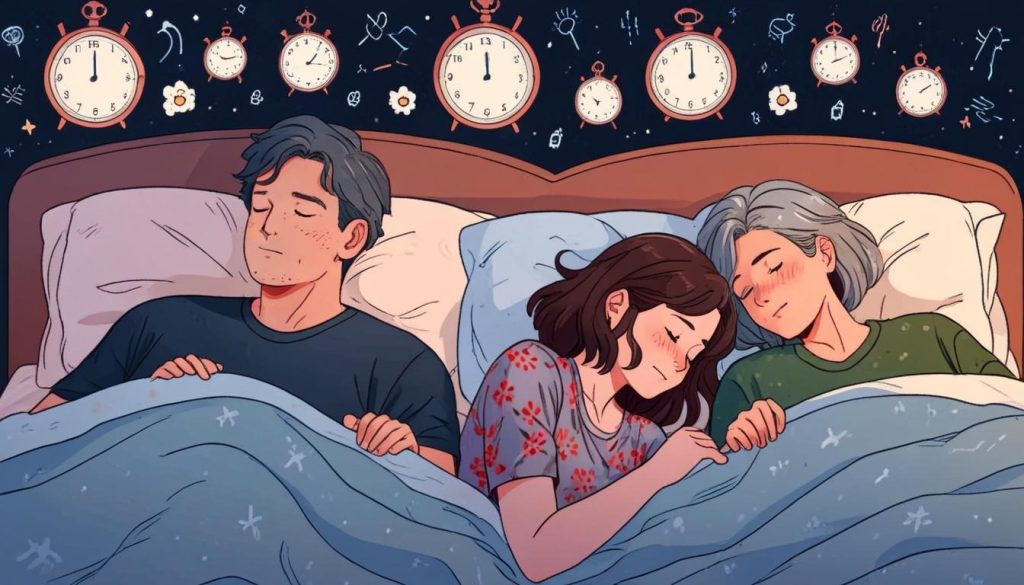Catching up on sleep over the weekend may offer significant benefits beyond mere rest; recent research suggests it could also play a crucial role in mitigating age-related hearing loss. A robust study involving nearly 7,000 participants aged 40 and above has highlighted that those who indulge in an extra hour of sleep on weekends have a striking 40 per cent lower likelihood of experiencing hearing impairment as they age. This revelation adds a new dimension to the well-documented benefits of sleep, particularly as one navigates the challenges of midlife and beyond.
According to statistics from the Royal National Institute for Deaf People (RNID), approximately one in three adults in the UK experience some form of hearing loss, a figure that escalates to one in two for those aged 55 and older. The prevalence is particularly concerning among older adults, with around 80 per cent of individuals in their seventies reported to struggle with hearing. Age-related hearing loss is not merely a sensory issue; it poses significant risks for mental health, contributing to conditions such as dementia, loneliness, and social isolation.
The South Korean research, published in the Annals of Epidemiology, indicates that participants in their 40s and 50s who enjoyed regular weekend lie-ins had a substantially reduced risk of both mild (42 per cent less likely) and moderate (21 per cent less likely) hearing loss. However, this advantageous effect appears to diminish for those over 65, suggesting that age may temper the protective benefits of additional sleep.
Experts hypothesise that the preserved nerve connections in the brain, vital for maintaining hearing, may be bolstered by adequate rest. Insufficient sleep is widely recognised as a catalyst for systemic inflammation, which can adversely affect the cochlea, the delicate structure in the ear that translates acoustic signals into electrical impulses for the brain. This relationship between sleep and auditory health is further supported by additional findings: a study reported that adults sleeping less than five hours a night are at a 45 per cent higher risk of hearing loss, while moderate napping (between five and 30 minutes) is associated with a reduced risk of about 20 per cent compared to minimal napping.
Moreover, the evidence indicates that both short and excessively long sleep durations—defined as less than seven hours or more than nine hours—can negatively impact hearing thresholds. An overarching theme emerges: while sleep quantity is vital, the quality of that sleep may be even more significant in preserving hearing health. Adults experiencing poor sleep often report heightened risks of developing hearing loss.
As the dialogue around sleep and health continues to evolve, the potential for improved hearing preservation through enhanced sleep practices presents an intriguing area for further exploration. Recommendations for better sleep hygiene may not only provide restorative benefits but could also serve as crucial preventative care against hearing deterioration and its associated risks.
The findings reinforce the importance of prioritising sleep as a foundational element of well-being, particularly for those in their middle years, where the stakes of auditory health become increasingly pronounced.
📌 Reference Map:
Source: Noah Wire Services





